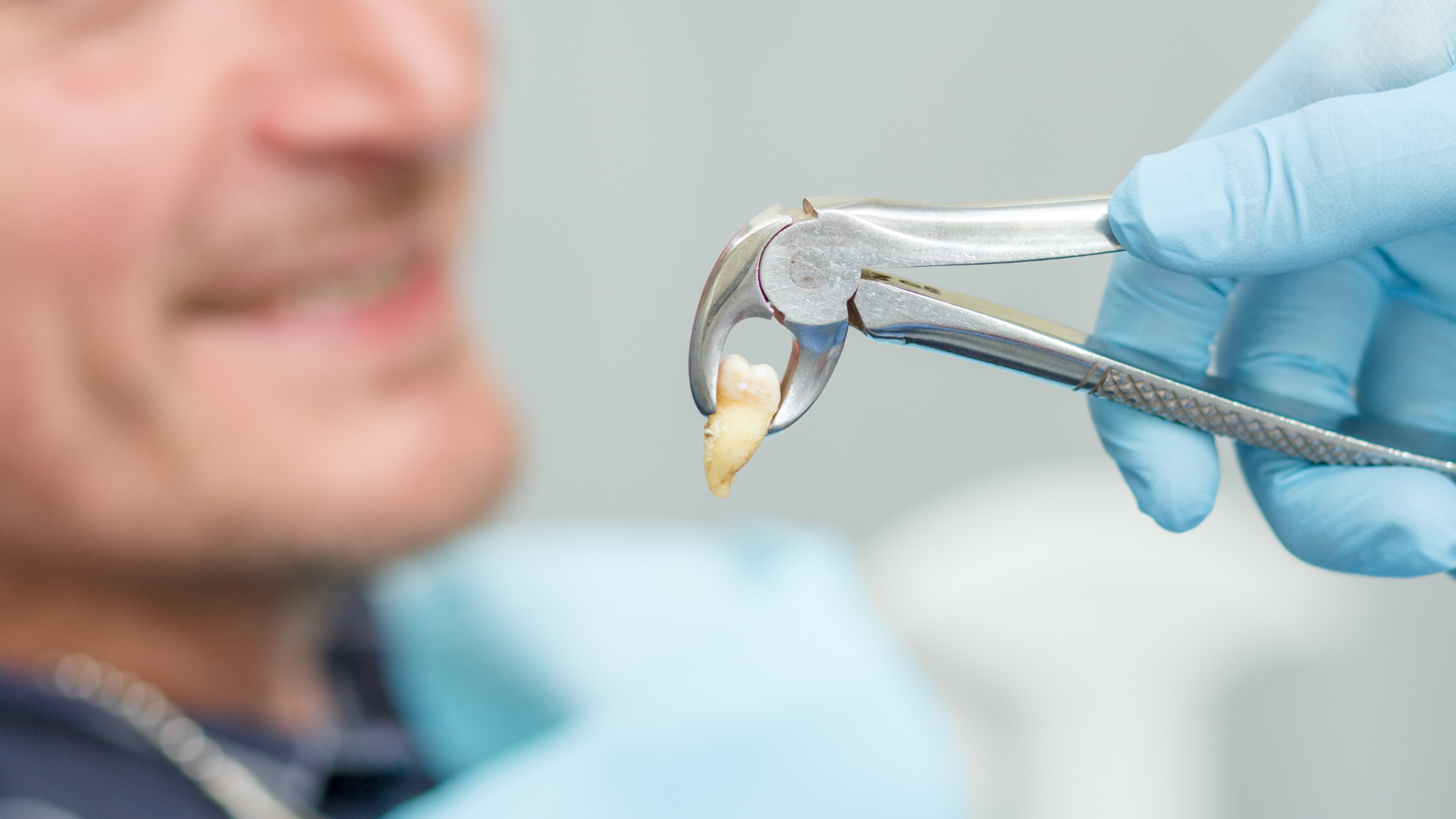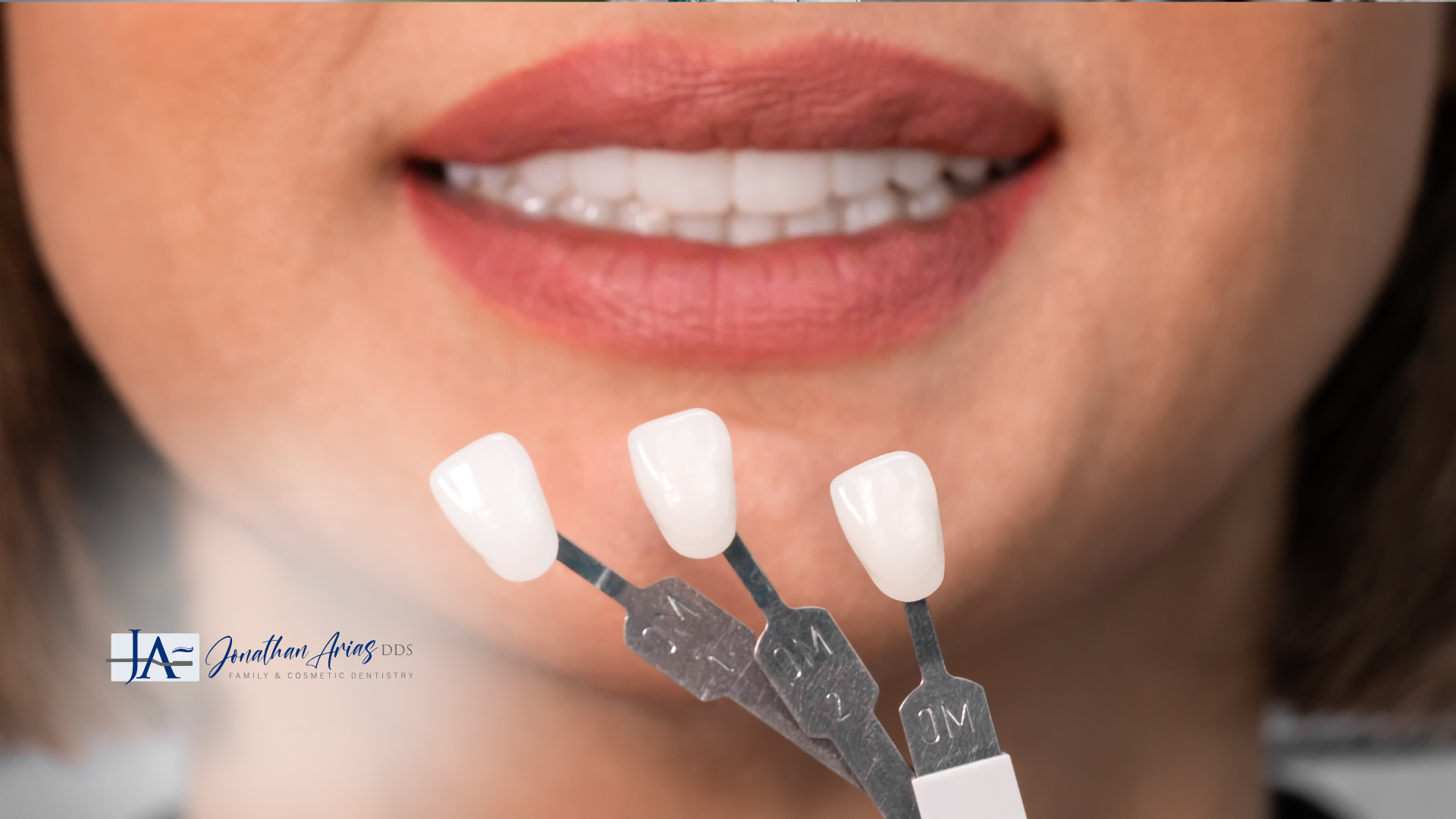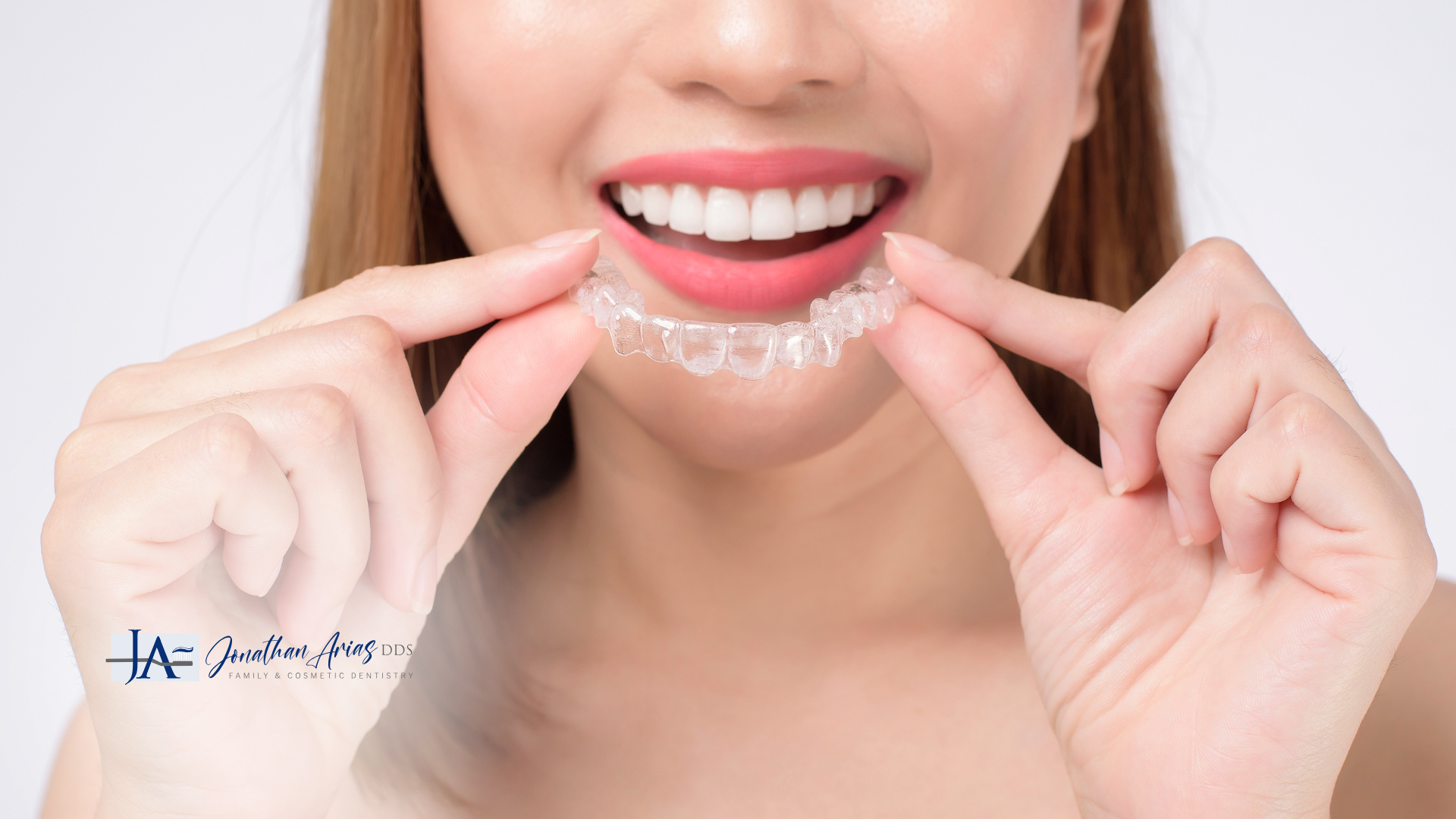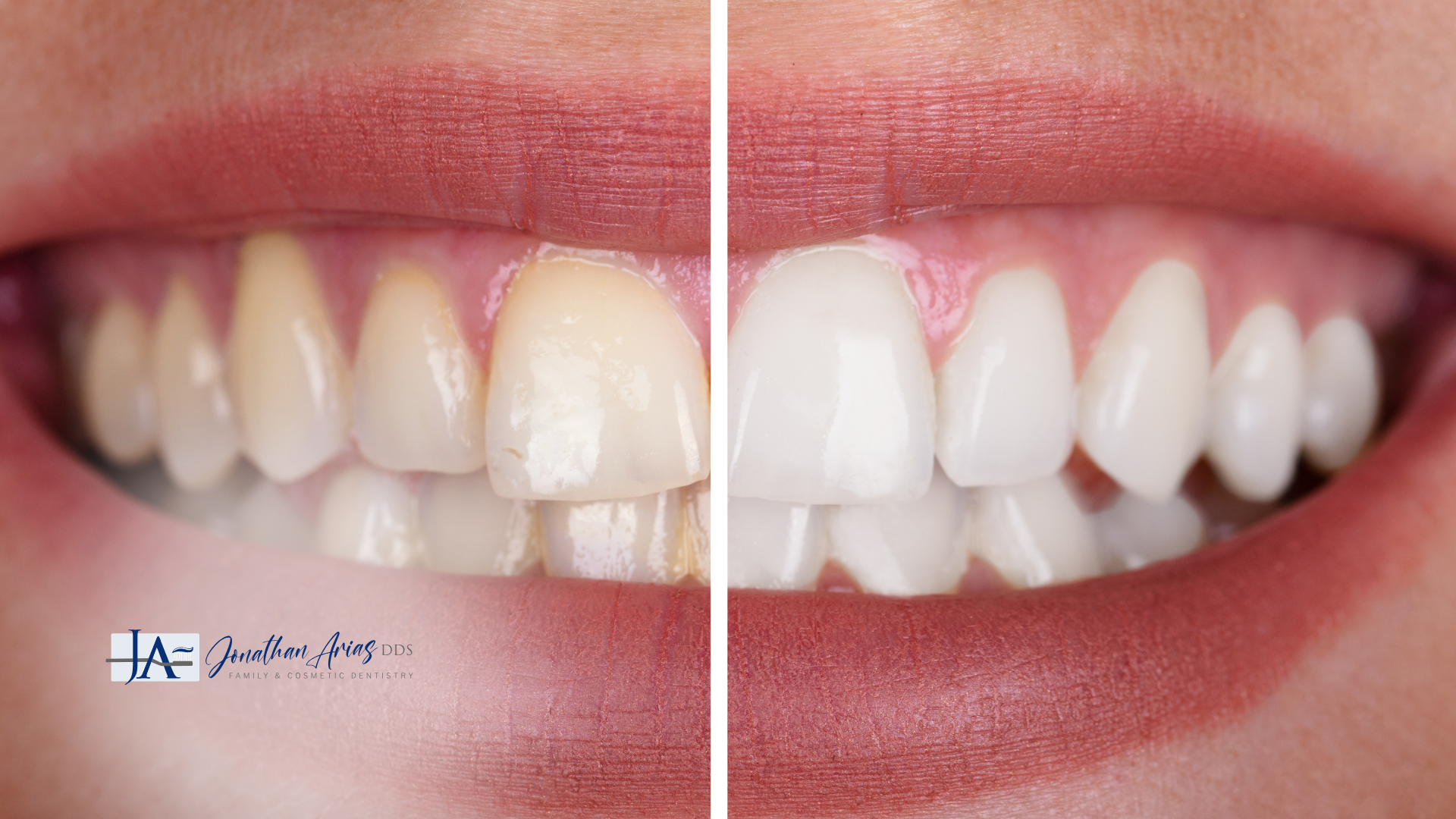Maximize Your Investment with Dr. Jonathan Arias, DDS: Discover the Lifespan of Dentures and Replacement Tips
How Long Do Dentures Last? Expert Insights from a Leading Ventura Dentist
If you’ve recently received dentures or are considering them as a restorative dental solution, you might be wondering: How long do dentures last? The answer depends on several factors, including the quality of materials, oral care routine, and daily usage.
At Jonathan Arias DDS Family & Cosmetic Dentistry, we specialize in customized dentures and implant-supported restorations to provide long-lasting, natural-looking smiles. Whether you’re searching for "restorative dentistry near me" or need expert denture care in Ventura, Dr. Jonathan Arias offers state-of-the-art solutions to help you restore your confidence and oral function.
Understanding the Lifespan of Dentures
1. How Long Do Dentures Typically Last?
On average, traditional dentures last between 5 to 10 years, while implant-supported dentures can last 15 years or more with proper care. Over time, regular wear and changes in the jawbone may require adjustments, relining, or even full replacement.
2. Factors That Impact Denture Longevity
Several factors influence how long your dentures will last:
- Material Quality – High-quality cosmetic dentures crafted at Dr. Arias' Ventura dental office are designed for durability.
- Oral Hygiene – Proper cleaning and regular dental check-ups extend their lifespan.
- Jawbone Changes – As the jawbone naturally shrinks over time, denture fit may change, leading to discomfort or difficulty chewing.
- Daily Wear and Tear – Frequent use and certain foods can accelerate wear on denture surfaces.
Types of Dentures and Their Lifespan
Traditional Full and Partial Dentures
These are removable prosthetics that replace missing teeth, offering an affordable and effective solution. However, they may require periodic adjustments or relining.
- Lifespan: 5–10 years
- Maintenance: Regular cleaning and professional check-ups for adjustments
Implant-Supported Dentures (All-on-4 Dental Implants)
Implant-supported dentures, such as All-on-4, offer greater stability, comfort, and longevity. They attach securely to dental implants, preventing slipping and eliminating the need for adhesives.
- Lifespan: 15+ years with proper care
- Maintenance: Routine cleaning and professional check-ups to ensure implant stability
Signs It’s Time to Replace Your Dentures
1. Loose or Poorly Fitting Dentures
If your dentures slip, feel uncomfortable, or cause soreness, it may be time for a professional evaluation at our Ventura dental office.
2. Visible Wear and Discoloration
Over time, dentures can develop cracks, stains, or worn-down edges, affecting both appearance and function.
3. Difficulty Chewing or Speaking
Well-fitting dentures should allow you to eat and speak naturally. If you experience discomfort or difficulty, it may indicate a need for replacement or adjustments.
4. Changes in Facial Structure
Dentures support jawbone health and facial structure. If you notice sagging cheeks or changes in your bite, it's time to consult Dr. Arias for a denture upgrade or implant-supported solution.
Denture Care Tips to Maximize Lifespan
To extend the life of your dentures, follow these essential care tips:
- Clean dentures daily using a soft-bristled brush and non-abrasive cleanser
- Soak overnight in a denture-cleaning solution to maintain moisture
- Handle with care to prevent accidental drops or cracks
- Schedule regular dental check-ups at Dr. Arias’ Ventura office for adjustments and oral health assessments
- Avoid hard or sticky foods that can damage dentures
Why Choose Dr. Jonathan Arias for Your Restorative Dentistry Needs?
Searching for “restorative dentistry near me”? Here’s why patients trust Dr. Arias for their denture care and restorative dental needs:
- Expert in Cosmetic & Traditional Dentures – High-quality, natural-looking restorations
- Advanced Technology – Precision-fit dentures for maximum comfort
- Personalized Treatment Plans – Solutions tailored to each patient’s unique needs
- Convenient Location in Ventura – Easy access for patients seeking top-tier restorative dentistry
Schedule Your Consultation Today!
Whether you need denture adjustments, replacements, or implant-supported solutions, Dr. Jonathan Arias DDS is here to help. We provide comprehensive restorative dentistry to ensure your smile stays healthy and beautiful for years to come.
Request an Appointment Today!
Jonathan Arias DDS Family & Cosmetic Dentistry
10235 Telephone Rd, Suite A, Ventura, CA 93004
(805) 647-7606
Let us restore your confidence with expert denture solutions—because your smile deserves the best!
Frequently Asked Questions
How often should I replace my dentures?
Most traditional dentures need replacement every 5–10 years, while implant-supported dentures can last much longer with proper care.
What are the benefits of implant-supported dentures?
They offer better stability, comfort, and longer lifespan, preventing common denture issues like slipping or discomfort.
Can I sleep with my dentures on?
It’s best to remove dentures at night to allow your gums to rest and prevent bacterial buildup.
What should I do if my dentures feel loose?
Visit Dr. Arias for a professional evaluation—you may need an adjustment, reline, or replacement
Disclaimer: This article is for informational purposes only and does not constitute medical or dental advice. Individual results may vary based on personal oral health, care routines, and treatment options. Consult with Dr. Jonathan Arias, DDS, or a licensed dental professional before making any decisions regarding dentures, restorative dentistry, or other dental treatments. Neither Dr. Arias nor this practice is responsible for any decisions made based on the information provided in this article. Always seek professional dental care for diagnosis and treatment recommendations.


Hours & Address
Monday: 9am - 6pm
Tuesday: 9am-6pm
Wednesday: Closed
Thursday: 9am-6pm
Friday: 8am-2pm
Saturday & Sunday: Closed









